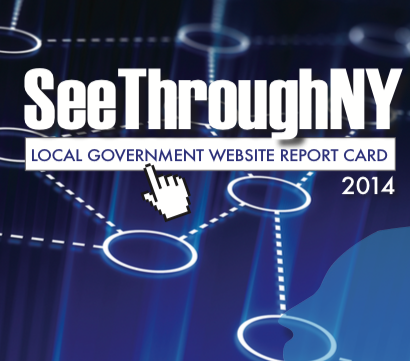
 For over a year now, the Empire Center has been locked in a lawsuit with the New York City Police Pension Fund (PPF), which has refused to release the names of retired officers receiving pensions. This information has always been considered accessible under the Freedom of Information Law (FOIL), and was until recently widely available.
For over a year now, the Empire Center has been locked in a lawsuit with the New York City Police Pension Fund (PPF), which has refused to release the names of retired officers receiving pensions. This information has always been considered accessible under the Freedom of Information Law (FOIL), and was until recently widely available.
More on our lawsuit here and here. In brief, the case hinges on whether or not a “retiree” and a “beneficiary” are the same thing. The language, from Public Officers Law §89(7) reads:
Nothing in this article shall require the disclosure of the home address of an officer or employee, former officer or employee, or of a retiree of a public employees’ retirement system; nor shall anything in this article require the disclosure of the name or home address of a beneficiary of a public employees’ retirement system or of an applicant for appointment to public employment…[emphasis added]
Two lower courts have ruled in favor of PPF, egregiously misconstruing the difference between a retiree and a beneficiary. The statute clearly distinguishes between the two, dictating that addresses are not accessible under FOIL for retirees, and that names and addresses are not accessible for beneficiaries. (The Empire Center has never asked for home addresses or beneficiary information.)
And now, based on these rulings, pension funds throughout the state have begun withholding names of retirees. First, it was three additional New York City pension funds, and most recently, the New York State Teachers Retirement System (NYSTRS). That’s 5 out of 7 pension funds now hiding the names of retirees from public view; last year at this time, PPF was the only fund hiding names. This, surely, is a major setback for New Yorkers who have seen a slew of pension related scandals uncovered in the recent past by having access to retiree names.
It’s crucial to note that these pension funds are withholding information not because they are required to do so, but because the courts have allowed them to.
In a statement referring to intermediate appellate ruling in the Empire Center case, NYSTRS writes:
On October 18, 2011, the Appellate Division … ruled that under Public Officers Law §89(7) a retirement system is not required to disclose the names and addresses of retirees. NYSTRS is compelled to honor this decision. However, the Appellate Court’s decision is subject to appeal to the Court of Appeals; therefore, the System’s position with respect to disclosure of namesis conditional on the outcome of that appeal. [emphasis added]
Huh? “Compelled” by whom? The decision holds (wrongly, in our opinion) that the pension funds aren’t required to release names, but in no way compels them to hide the names. (It’s worth pointing out that the New York City Employees Retirement System denied our request for names earlier this year and then this summer claimed it would release some names on its own accord—but, so far, has released nothing.)
We’ll continue fighting PPF’s decision in court. But, even with our case pending, the trustees of these pension funds should be held responsible for this eclipse of the Empire State’s sunshine statute.









